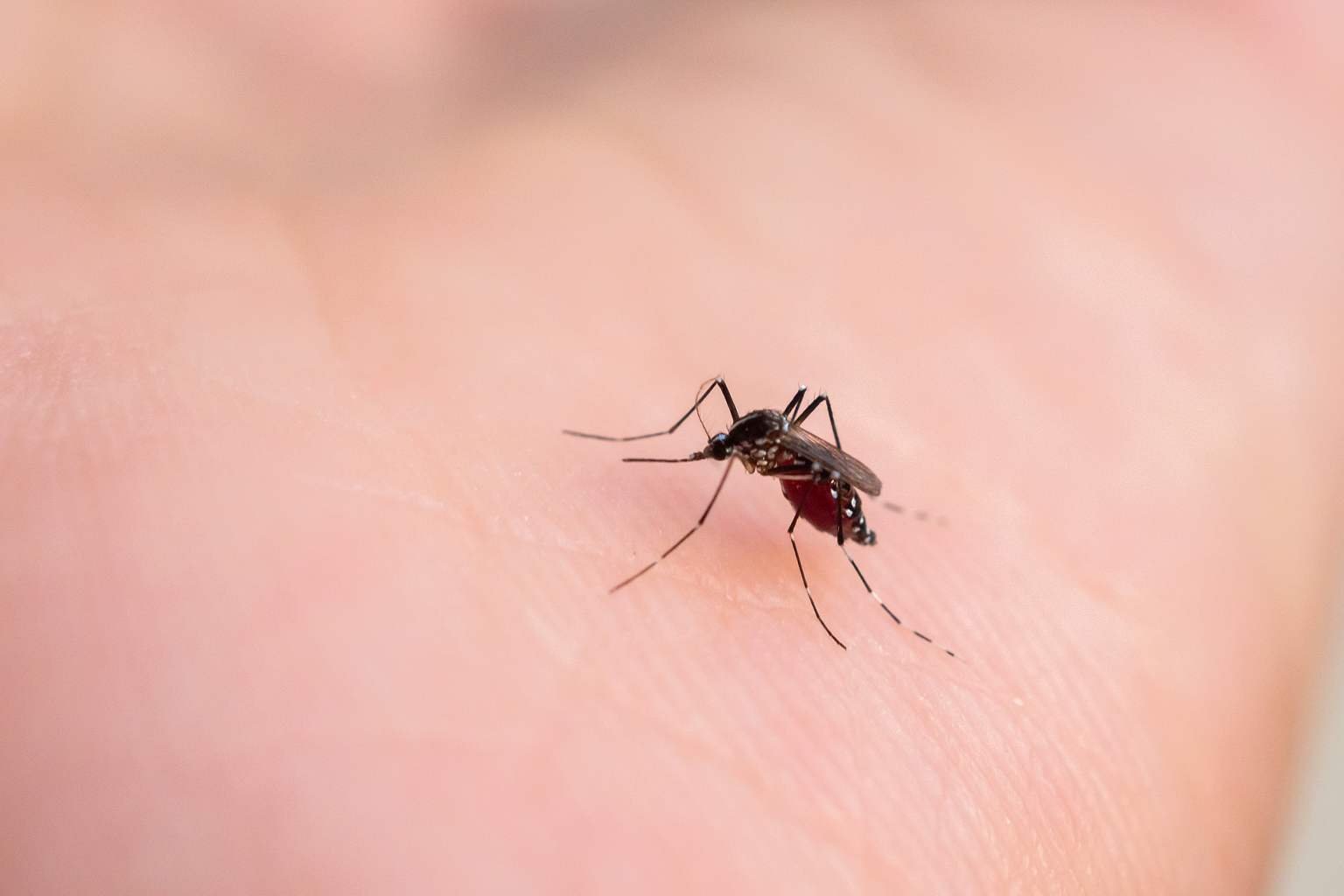As summer temperatures rise, so does the buzz of mosquitoes, waking up from their winter slumber and quickly turning our warm evenings into itchy, frustrating experiences. While the market overflows with mosquito repellents promising relief, science tells a different story: most products just don’t cut it.
A recent episode of the French investigative show “Envoyé Spécial” shed light on which mosquito repellents truly work—shining a spotlight on the ingredients that make the difference between protection and disappointment.
Science behind the best mosquito repellents to stop bites
According to medical entomologist Grégory Lambert, only a handful of active ingredients effectively repel mosquitoes. These include DEET, IR3535, Icaridine, and extracts from Eucalyptus citriodora. What makes these substances powerful is their ability to disrupt mosquito behavior: they confuse the insect’s nervous system and mask the chemical signals humans emit that attract these bloodsuckers.
Products containing DEET, IR3535, and Icaridine come mostly in spray form for direct application on the skin. They act like an invisible shield during outdoor activities, whether you’re hiking, dining on your porch, or just enjoying a summer barbecue.
Meanwhile, eucalyptus citriodora is often used in indoor ambient products such as sprays, plug-in diffusers, or candles. These create an environment less inviting to mosquitoes without requiring direct contact on the skin.
Choosing the right mosquito repellent for your environment
Picking the correct repellent depends heavily on where and how you’ll use it. For extended outdoor exposure, sprays with DEET or Icaridine provide the longest-lasting protection, often keeping mosquitoes at bay for several hours.
In enclosed spaces like your home, natural options based on eucalyptus citriodora offer less invasive alternatives. They tend to avoid the greasy or irritating feeling you sometimes get from direct skin sprays.
I remember my first camping trip when I applied a basic citronella candle, thinking it was enough. Yet, by nightfall, countless bites reminded me of the candle’s limited reach. Swapping to a repellent spray with one of the proven chemicals made the next day a game-changer.
Natural mosquito repellents and safety tips for best results
Natural alternatives like citronella or lavender oils appeal to those wary of synthetic chemicals. However, it’s essential to recognize they generally don’t match the effectiveness of the scientifically supported ingredients mentioned earlier.
No matter the repellent you choose, always follow label directions closely. Overusing a product, especially indoors, can cause discomfort or irritation. For example, DEET is highly effective but can irritate sensitive skin if applied too liberally. Ventilate rooms regularly when using indoor repellents to avoid stuffiness or breathing issues.
Additionally, a simple but often overlooked step in mosquito control is reducing standing water around your home, as it serves as breeding grounds for these pests.
When my neighbors and I tackled the rainwater pooling in old tires and clogged gutters, we noticed a significant drop in mosquitoes in the yard—proving prevention can be just as critical as protection.
With summer in full swing and mosquitoes on the rise, choosing a repellent with one of the four proven active ingredients can greatly improve your comfort. But the best defense includes smart use paired with simple preventive habits.
Have you ever tried different mosquito repellents and found some worked better than others? Share your experiences below or tell us which methods you rely on to keep mosquitoes at bay this summer!
